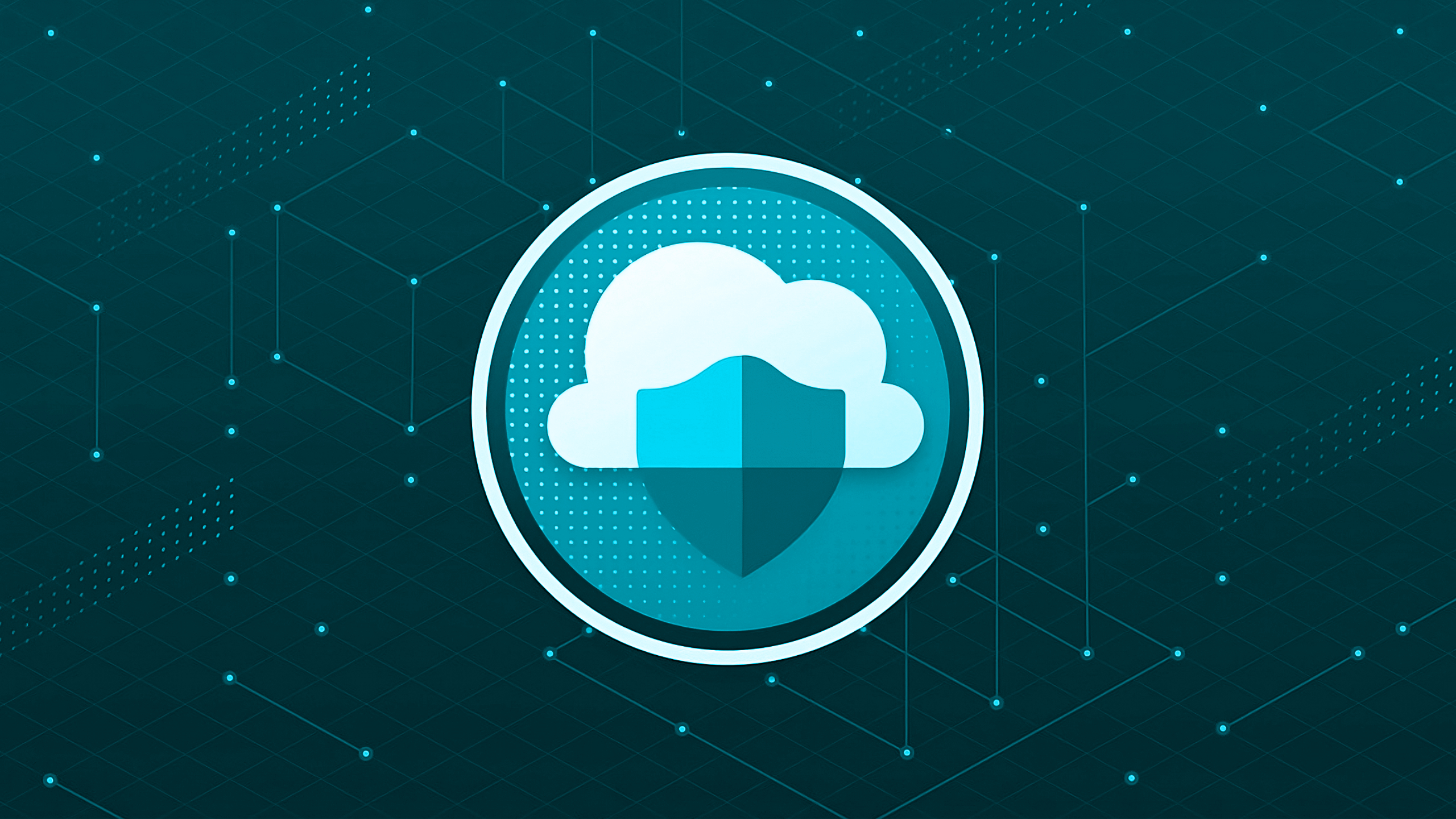The heartbeat of any economy lies in the success of its small and medium-sized businesses (SMBs). In India and various regions around the globe, these dynamic enterprises contribute a staggering 31% to the nation’s GDP and provide jobs for over 110 million individuals. To maintain their edge in the fiercely competitive global market, SMBs must embrace technology, and the cloud stands tall as a game-changing ally. In fact, according to NASSCOM, a whopping 63% of Indian SMBs have already adopted the cloud, with the SaaS:IaaS:PaaS ratio standing at 50:40:10. While this uptake is impressive, it is not without its challenges, particularly when it comes to cloud security management.
Acknowledging the Importance of Cloud Stakeholders
Many forward-thinking SMBs recognize the value of establishing a centralized cloud team or a cloud center of excellence (CCOE) to streamline their cloud operations. These teams play a pivotal role in providing centralized controls, tools, and best practices, ultimately propelling cloud adoption, reducing costs, and mitigating risks. However, not all CCOEs live up to SMBs’ expectations, and this is primarily due to the genuine concerns that cloud-related issues can entail. Despite the growing trust in cloud services, security remains a top priority for businesses, with worries lingering about potential disruptions to office operations and data integrity.
Furthermore, the scarcity of in-house cloud expertise poses a significant obstacle. Cloud experts are a prized commodity, and expertise in one cloud platform doesn’t necessarily translate to proficiency in another. The management of cloud spending is also a common challenge. While cost savings were an initial motivation for embracing the cloud, it has become evident that without careful monitoring, financial losses can quickly arise. Consequently, around 57% of organizations choose to outsource some aspects of their public cloud operations, with 26% relying heavily on cloud Managed Service Providers (MSPs).
Overcoming SMB Cloud Security Challenges
While 52% of companies report improved security in the cloud compared to traditional onsite IT environments, many small business owners still harbor concerns about perceived deficiencies in cloud security. The key to unlocking the full potential of cloud infrastructure lies in selecting a reputable cloud service provider, understanding their contingency plans in the face of a security breach, and taking proactive steps to bolster security measures.
Enhancing cybersecurity involves ensuring robust data encryption, implementing additional authentication measures, introducing a data loss prevention (DLP) solution, and fostering clear communication channels between management, the IT team, and the cloud service provider. By seeking answers to essential security questions from the cloud computing team, businesses can build a stronger defense:
- Who has access to my information?
- Is my data stored across multiple data centers in diverse locations to protect it from regional attacks?
- What redundancies are in place to safeguard my data?
- What specific measures do you employ to encrypt our data?
- How do you manage encryption keys?
- What is the contingency plan and data restoration process in case of a crash or cyberattack?
- What information security certifications do you possess?
- Are you compliant with the latest security protocols?
- What potential challenges might arise during implementation?
Navigating Cloud Compliance Challenges
Compliance presents a critical challenge for any business leveraging cloud storage or backup services. According to a survey by Statista, 44% of companies identify compliance as their most significant obstacle in cloud computing. When transferring data from internal storage to the cloud, adherence to industry-specific laws and regulations becomes paramount.
Healthcare organizations must comply with HIPAA regulations, while retail companies must follow SOX and PCI DSS regulations. Likewise, companies operating in the European market must ensure compliance with GDPR standards.
While many established cloud providers align themselves with relevant accreditation programs, it remains the responsibility of each company to ensure all data processes and workloads are fully compliant.
The Power of Cloud Security Posture Management
As the cloud security market continues to expand and evolve, Cloud Security Posture Management (CSPM) emerges as a leading solution to protect organizations’ cloud environments. This innovative approach has become a critical tool for businesses worldwide in safeguarding their cloud infrastructures. Among the top contenders in the CSPM landscape, Cloudlytics shines as a powerful platform and your trusted ally in navigating the landscape of cloud security.
Sitting at the forefront of cloud environments, Cloudlytics empowers customers with comprehensive visibility and control over their infrastructure data. Its dynamic and consolidated features enable businesses to effectively manage their cloud environments, making it the ideal solution for SMBs determined to thrive in the digital age.
Embrace Cloud Security Excellence with Cloudlytics and elevate your SMB to new heights of success in today’s interconnected world. Maximize your cloud potential, fortify your defenses, and build a resilient foundation for long-term growth and prosperity. Let Cloudlytics be your guide in this transformative journey as you secure your cloud’s future and embrace the boundless possibilities of the digital era.



